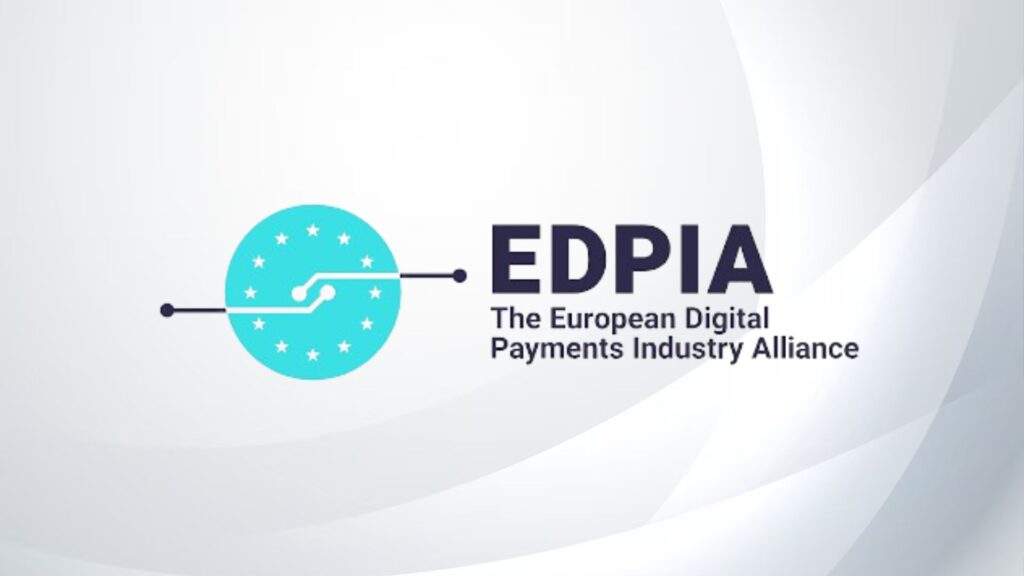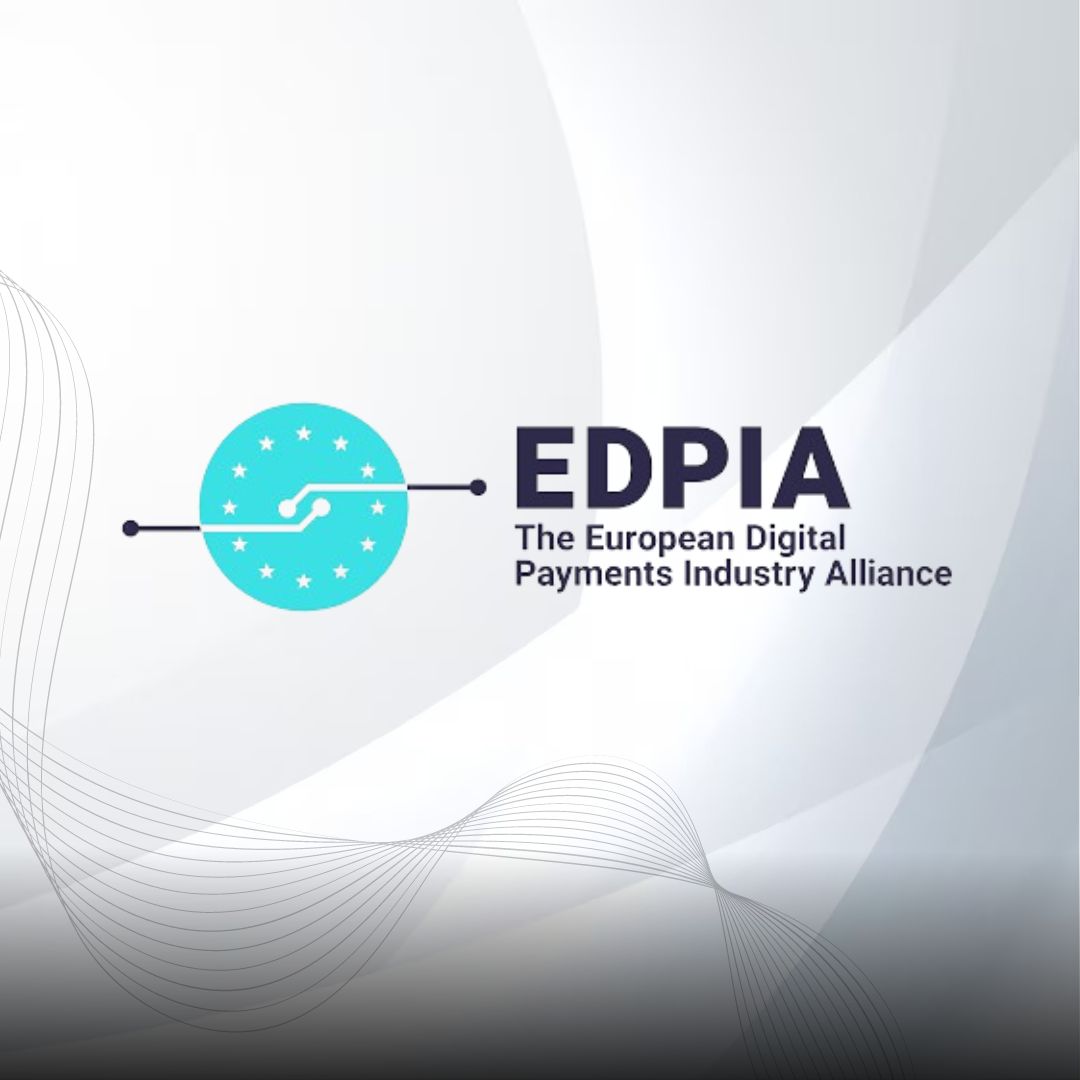
The European Digital Payments Industry Alliance (EDPIA) has announced the publication of a white paper by Oxford Economics titled “The Environmental Impact of Digital Over Cash Payments in Europe.” This study aims to engage in the public debate on the payment value chain’s role in achieving a low-carbon economy and highlights areas with significant decarbonization potential.
The white paper, based on two Life Cycle Assessments (LCAs), compares the environmental impact of cash and digital payments at points of sale in 2022 across three Eurozone countries—Finland, Germany, and Italy—each with varying levels of digital payment maturity.
Key findings reveal that digital payments have a lower environmental impact than cash in 17 out of 18 impact categories. In terms of CO2 emissions, one cash payment is equivalent to 2.1 digital payments in Italy, 5.9 in Germany, and 23.5 in Finland. Over a year, an average consumer could save the CO2 equivalent of 37 single-use plastic bags in Italy, 49 in Germany, and 74 in Finland by opting for digital payments.
The impact varies with the development of digital payment infrastructure. Finland, the most advanced of the three countries, shows the lowest usage of cash, fewer ATMs, and longer travel distances to access them, resulting in reduced environmental impact.
The study adheres to International Organization for Standardization (ISO) guidelines for comparative cradle-to-grave LCA and has been peer-reviewed by experts to ensure scientific and technical rigor. Johanna Neuhoff, Associate Director for Economic Consulting Continental Europe at Oxford Economics and co-author of the study, emphasized the meticulous analysis of both payment methods.
Piero Crivellaro, Chair of the EDPIA Working Group and Corporate Group Head Public Affairs at Nexi, expressed pride in assessing the positive environmental contribution of digital payments while recognizing the industry’s potential for further improvements. EDPIA members, including Aircash, Nexi, Teya, Viva Wallet, and Worldline, have developed a roadmap of recommendations for policymakers and the industry to reduce the payment sector’s carbon footprint.
Emőke Péter, Chair of the ESG Task Force of EDPIA and Head of European Public and Regulatory Affairs of Worldline, highlighted the importance of digital payments as a climate action. She called for ambitious EU objectives for widespread digital payment adoption, emphasizing the tangible benefits for society and the environment. Péter reaffirmed EDPIA’s commitment to collaborating with policymakers and industry partners to drive positive environmental outcomes in the payment space.




